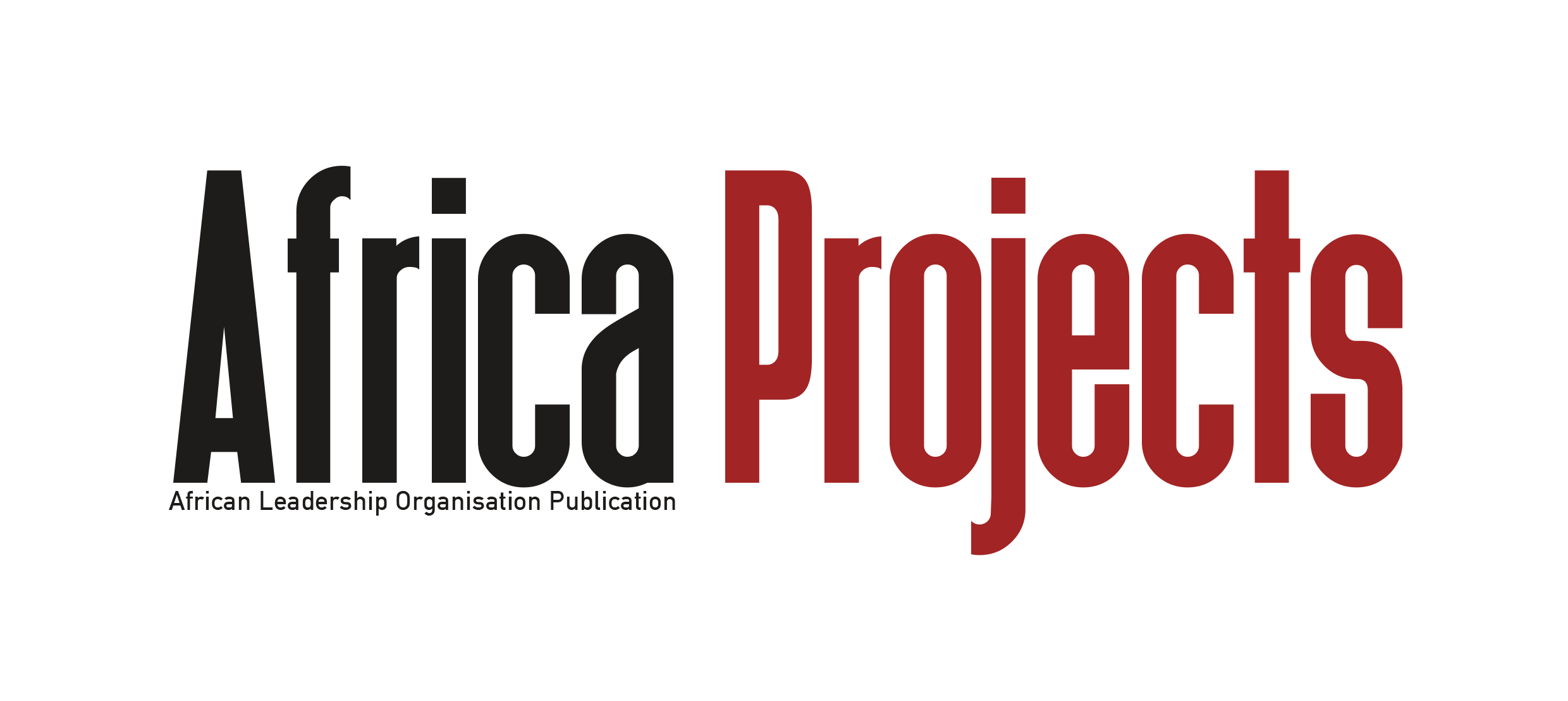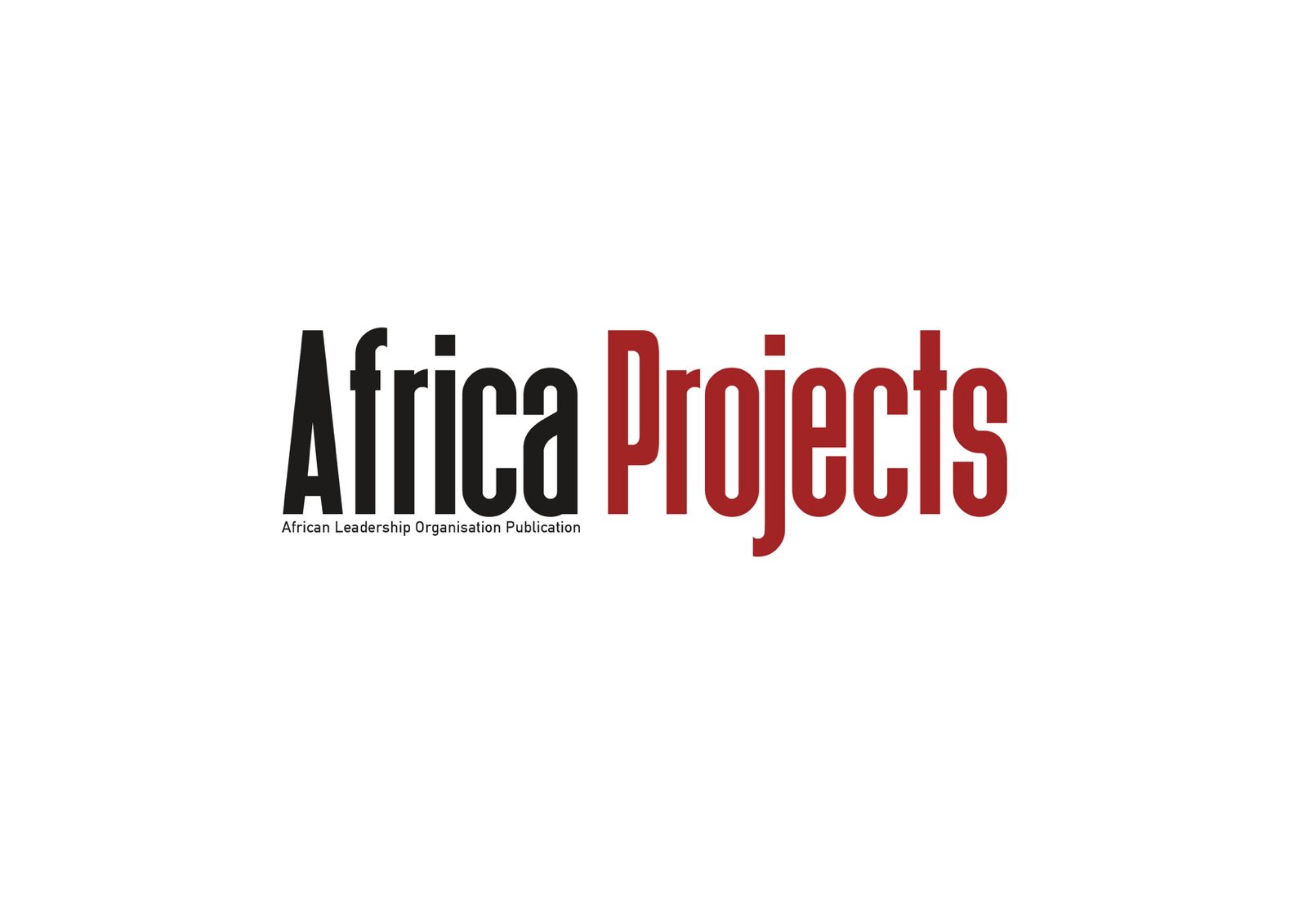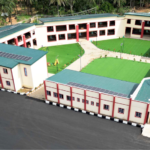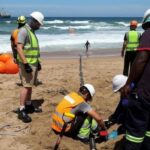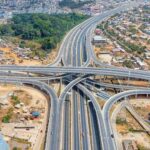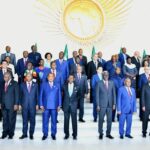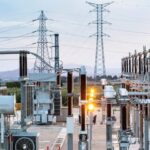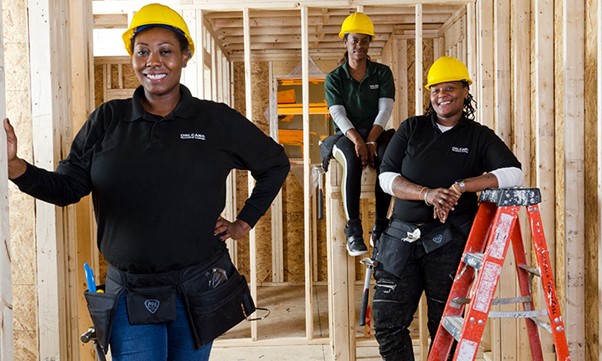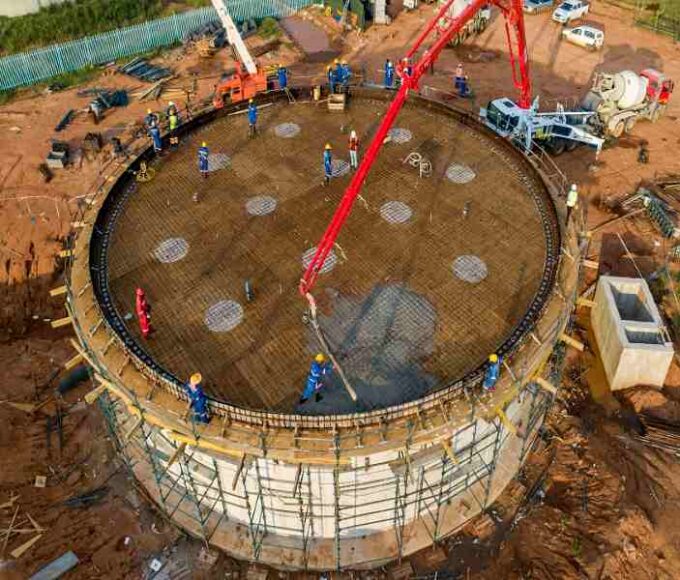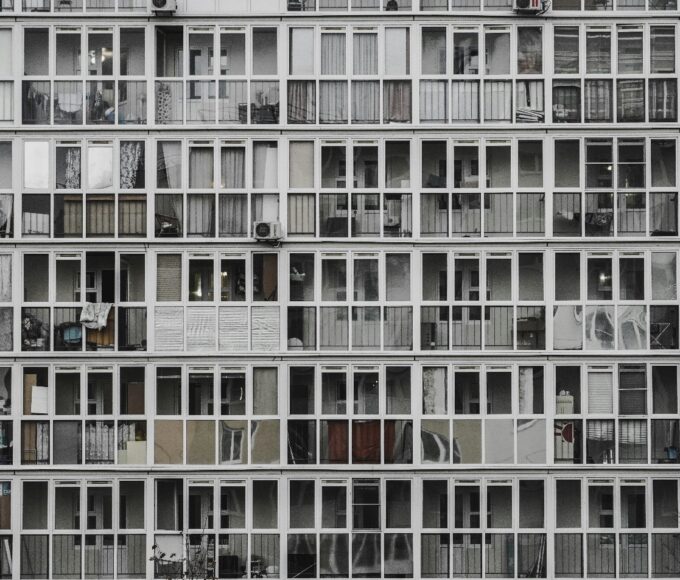- Home
- Features
- Startup Zone
- Projects
- Policies
- Shop
- Policies
- Projects
- Startup Zone
- Country Spotlight
- Analysis
- Tech
- Policies
- Projects
- Startup Zone
- Country Spotlight
- Analysis
- More
- Beyond the Kalashnikov: Africa’s Shift Toward Technology-Driven Warfare
- Afrail Express: Uniting a Continent on Rails
- AFRICA’S ENERGY CORRIDORS: CONNECTING POWER, PEOPLE, AND PROSPERITY
- Startup Lions Campus: Empowering Kenya’s Digital Generation
- L’Art de Vivre’s Le Paradis de Mahdia: Tunisia’s Model for Sustainable Luxury
- The Lobito Corridor: Rewiring Africa’s Trade Arteries Through Strategic Infrastructure
- AFRICA’S GREEN ENERGY TRANSITION: A BEACON OF HOPE FOR CLIMATE ACTION
- Dangote Refinery: Showcasing Africa’s Project Success Story
- AFRICA GREEN ECONOMY: ALL YOU NEED TO KNOW
- The Most Important Amicus Brief in the History of the World
- The Rise of Indigenous UAVs: Africa’s Drone Capabilities in Warfare and Surveillance
- AFRICA’S LARGEST OIL PRODUCERS: A COMPREHENSIVE OVERVIEW
- Beyond the Kalashnikov: Africa’s Shift Toward Technology-Driven Warfare
- Afrail Express: Uniting a Continent on Rails
- AFRICA’S ENERGY CORRIDORS: CONNECTING POWER, PEOPLE, AND PROSPERITY
- Startup Lions Campus: Empowering Kenya’s Digital Generation
- L’Art de Vivre’s Le Paradis de Mahdia: Tunisia’s Model for Sustainable Luxury
- The Lobito Corridor: Rewiring Africa’s Trade Arteries Through Strategic Infrastructure
- AFRICA’S GREEN ENERGY TRANSITION: A BEACON OF HOPE FOR CLIMATE ACTION
- Dangote Refinery: Showcasing Africa’s Project Success Story
- AFRICA GREEN ECONOMY: ALL YOU NEED TO KNOW
- The Most Important Amicus Brief in the History of the World
- The Rise of Indigenous UAVs: Africa’s Drone Capabilities in Warfare and Surveillance
- AFRICA’S LARGEST OIL PRODUCERS: A COMPREHENSIVE OVERVIEW
- Beyond the Kalashnikov: Africa’s Shift Toward Technology-Driven Warfare
- Afrail Express: Uniting a Continent on Rails
- AFRICA’S ENERGY CORRIDORS: CONNECTING POWER, PEOPLE, AND PROSPERITY
- Startup Lions Campus: Empowering Kenya’s Digital Generation
- L’Art de Vivre’s Le Paradis de Mahdia: Tunisia’s Model for Sustainable Luxury
- The Lobito Corridor: Rewiring Africa’s Trade Arteries Through Strategic Infrastructure
- Startup Zone
Top Insights
Risky Business? How Political Stability Impacts Project Finance
While North and Southern Africa generally enjoy higher investment confidence, East Africa presents significant opportunities despite some risks.

The development of infrastructure and long-term projects across Africa is critically influenced by the political environment. Political stability fosters investor confidence, reduces risks, and facilitates project financing, especially for infrastructure, energy, and industrial ventures. Conversely, political instability—manifested through unrest, conflicts, governance failures, and regime uncertainties—elevates risks, increases transaction costs, and often deters investment. Given Africa’s diverse political landscapes, understanding how regional differences in political stability shape project finance is essential for policymakers, investors, and development partners.
Regional Breakdown of Investment Confidence and Legal Protections
North Africa: Relatively Stable with Growing Investment Confidence
North African countries such as Morocco, Egypt, and Tunisia generally demonstrate higher levels of political stability compared to other regions. Morocco’s ambitious renewable energy projects, including the 580 MW Ouarzazate solar complex, exemplify investor confidence driven by strong governance, policy continuity, and strategic legal protections. The Moroccan government’s commitment to renewable energy targets and an enabling legal environment attract significant foreign direct investment (FDI).
Egypt’s recent economic reforms and investment-friendly laws, particularly in infrastructure and energy sectors, have improved project finance conditions. However, occasional political unrest, especially related to social protests or regional tensions, can still momentarily impact confidence levels.
Western Africa: Mixed Stability with Growing Risks
Countries like Ghana, Senegal, and Côte d’Ivoire have generally experienced relative political stability, which has bolstered their investment climate. Ghana’s steady democratic transition and transparent legal system have made it an attractive destination for energy and infrastructure investments, including renewable projects like solar and wind farms.
However, political tensions, election-related uncertainties, and occasional social unrest in some countries (e.g., Burkina Faso, Mali) elevate perceived risks. These challenges impact project financing, especially for large infrastructure projects requiring long-term commitment. To mitigate risks, investors often seek political risk insurance and legal protections through bilateral agreements or multilateral financial institutions.
East Africa: Increasingly Stable with Notable Opportunities
Kenya, Rwanda, and Ethiopia present a diverse picture. Kenya’s vibrant private sector, robust legal protections, and proactive government policies have fostered a thriving renewable energy sector, exemplified by wind and geothermal projects. The country’s legal system offers relatively predictable protections, supporting high levels of FDI.
Ethiopia’s ambitious hydropower plans face political risks related to regional conflicts, land disputes, and governance issues, which can hinder project progress. Rwanda’s stability and transparent regulations have made it an attractive hub for infrastructure development, despite some political concerns.
Central Africa: High Risks with Limited Investment Confidence
Central African nations such as the Central African Republic, Congo, and Cameroon face significant political instability which severely constrains project finance. Ongoing conflicts, governance failures, and frequent regime changes create an environment of unpredictability. These risks lead to high costs of capital, limited access to international finance, and reluctance among investors to undertake long-term projects.
Legal protections are often weak or inconsistently enforced, further discouraging investment. The example of the Congo River hydroelectric projects illustrates how political risks can delay or derail infrastructure development.
Southern Africa: Varied Political Stability with Potential for Growth
South Africa, Namibia, and Botswana have relatively stable political environments with established legal systems. South Africa’s energy sector, including renewable projects, benefits from legal protections, though challenges such as policy uncertainty and regulatory delays persist.
Namibia and Botswana’s consistent governance and transparent legal frameworks foster investor confidence, allowing for ongoing infrastructure and energy projects. However, political risks related to economic policies, social unrest, or regional conflicts can impact project financing in some instances.
Implications for Project Finance
• Legal Protections and Risk Mitigation: Countries with strong legal institutions, enforceable contracts, and transparent regulatory frameworks attract more project finance. Investors often seek political risk insurance, guarantees, and dispute resolution mechanisms to safeguard investments in less stable regions.
• Impact of Political Instability: Elevated risks in regions like Central Africa lead to higher capital costs, limited access to concessional finance, and project delays or cancellations. This hampers infrastructure development, affecting economic growth and regional integration.
• Policy and Governance Reforms: Strengthening governance, promoting the rule of law, and reducing corruption are crucial for improving investment confidence across all regions. Countries that prioritise these reforms tend to attract more sustainable project financing.
• Regional Variations: While North and Southern Africa generally enjoy higher investment confidence, East Africa presents significant opportunities despite some risks. West Africa’s improving political landscape offers promising prospects. Central Africa remains the most challenging region, requiring focused diplomatic and financial interventions.
Conclusion
Africa’s diverse political landscape profoundly influences project finance and infrastructure development. Regions with stable governance, transparent legal protections, and consistent policies—such as North and Southern Africa—tend to attract more foreign and domestic investment. Conversely, regions plagued by conflicts, governance failures, and political unrest face heightened risks, impeding project development.
Addressing these disparities requires tailored policy reforms, strengthening legal institutions, and deploying risk mitigation tools. For Africa to realise its infrastructural and developmental ambitions, fostering political stability remains paramount—creating a conducive environment where investments can thrive and sustainable growth can be achieved across all regions.
Recent Posts
Related Articles
Blockchain for Energy: Can Africa Lead the Charge?
The energy sector in Africa is at a pivotal crossroads. With a...
ByafricaprojectSeptember 23, 2025Women in South African Construction: Progress and the Road to Equality Ahead of Women’s Day 2025
As South Africa approaches National Women’s Day on August 9, 2025, there’s...
Byadmag_adminJune 12, 2025Water Works: The Infrastructure Behind Africa’s Urban Thirst
Africa’s cities are facing a growing water crisis, with millions of people...
Byadmag_adminJune 12, 2025Urban Housing at Scale: Can Africa Build 100 Million Affordable Homes by 2035?
Africa faces an unprecedented urban housing challenge driven by rapid population growth,...
Byadmag_adminJune 12, 2025